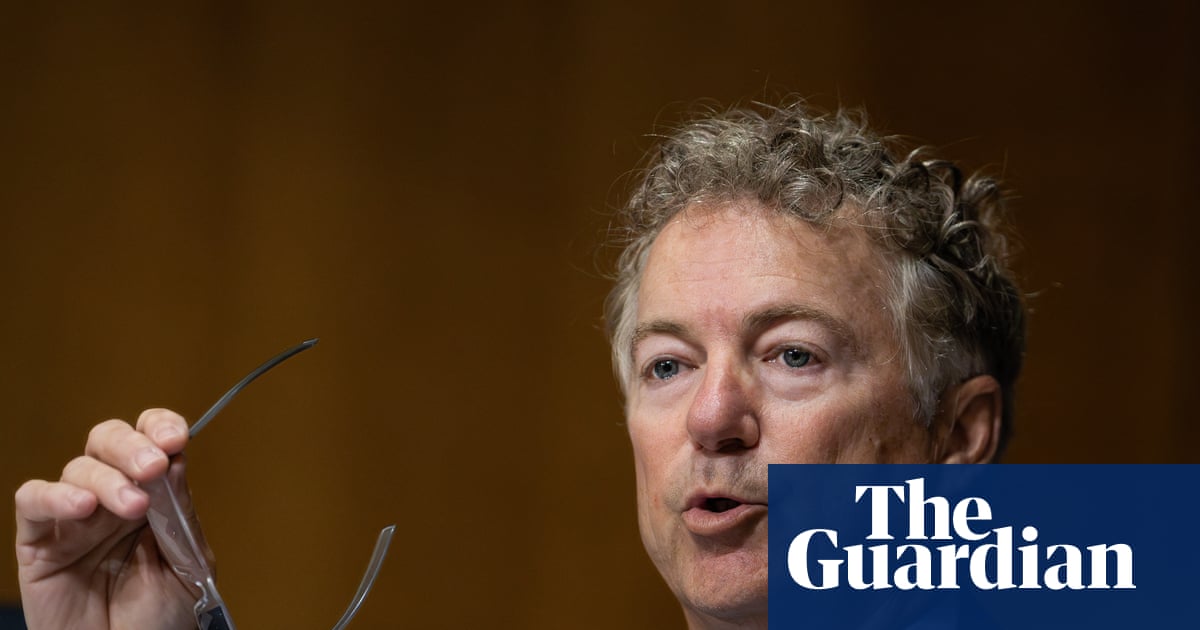Torsten Slok, the chief economist at Apollo, issued a warning for U.S. consumers of what to expect at the end of the year.
In an interview with Bloomberg, Slok on Thursday said that the President Donald Trump’s tariffs will push prices higher until inflation is expected to peak in November or December.
Slok said that he “absolutely” believes that inflation has already caused a “lift off” on consumer goods. Data released from the Bureau of Labor Statistics on Tuesday showed that inflation accelerated in June, signaling that Trump’s trade wars are leaving an initial impact on the economy.
“We are seeing goods inflation, which makes up 40% of the CPI basket, seen on a number of different categories: tools, toys, apparel, furniture,” Slok said. “We’ve seen a fairly decent rise, and if we begin to see the lift off now over the next several months, then the risk is of course that this becomes more persistent.”
The consumer price index rose 2.7% compared to last year — the biggest recorded rise since February. It is an increase from the 2.4% pace reported in May, as prices rose by 0.3% over the course of the month.
The prices of products that have been most impacted by tariffs have reported slight increases compared to last month. The cost of appliances jumped to 1.9%, which is up from 0.8%, while household furnishings grew by 1%. While apparel and clothing has seen declining prices, the index recorded a 0.4% rise. Grocery prices also saw an increase of 0.3%, and gasoline prices bounced up by 1% after falling by 2.6% in May.
Slok said that high inflation can ultimately cause to two results: the Federal Reverse will be unlikely to cut interest rates, and the start of the shock of stagflation, which is the combination of still-high inflation and a weak or stagnant economy.
“They need to wait to see the peak, and we’re really only at the take-off stage,” Slok said. “The consensus expects that later this year… but the bottom line is before we can see that peak incite, it is not clear that the Fed will say that ‘Now we’re going to cut rates more meaningfully.’”
He said that the potential firing of Fed Chair Jerome Powell — an idea that Trump has mused, but has since called it “highly unlikely” — could lead to the likely decrease of the value of the U.S. dollar, coupled with increase of long rates.
Slok also mentioned that wage inflation will likely begin to rise in industries with undocumented immigrants, such as agriculture, construction, and leisure and hospitality.
“So the fear you can have is that it’s not only goods inflation coming from tariffs, it’s also the upside risks to service inflation coming from wages, especially because of deportations potentially beginning to play a more significant role,” Slok added.
In recent weeks, Trump has sent dozens of letters to foreign leaders that set new thresholds for tariff rates — all of which are intended to go into effect by Aug. 1, if the countries do not come to a trade deal with the United States. The president also recently told NBC News that he plans to impose blanket tariffs of 15% or 20% on most trade partners.
Our journalism needs your support. Please subscribe today to NJ.com.
If you purchase a product or register for an account through a link on our site, we may receive compensation. By using this site, you consent to our User Agreement and agree that your clicks, interactions, and personal information may be collected, recorded, and/or stored by us and social media and other third-party partners in accordance with our Privacy Policy.
Source link

